Supratik Guha ✉
Principal Investigator
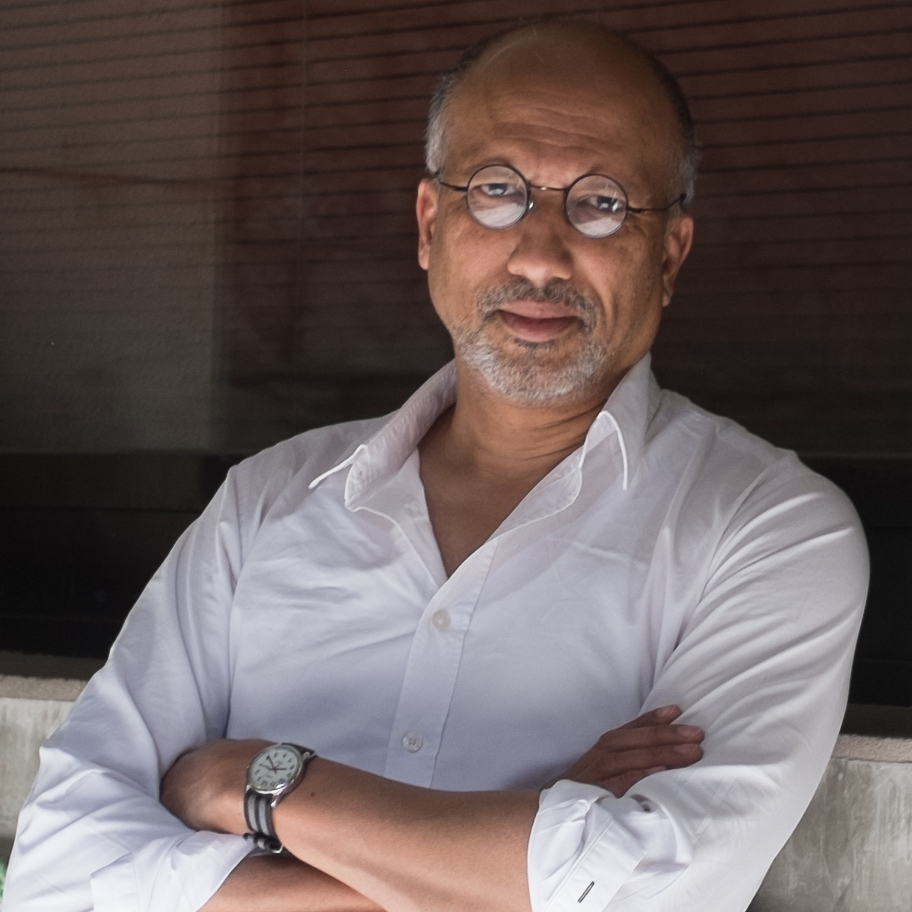 Supratik Guha is Professor at the Pritzker School of Molecular Engineering, University of Chicago and holds a joint appointment at Argonne National Laboratory (2015 to present). He is one of the few scientists who has held senior executive positions in industrial R&D, in the U.S. National Laboratory system, and as a tenured professor at a leading research university. At Argonne, he has been Director of the Nanoscale Science and Technology Division and Science Advisor to the Director of Argonne. In this latter position he ran Argonne’s overall science strategy during 2018-2019. He is currently the Chief Technology Officer at the Argonne led Q-NEXT: one of the five Department of Energy National Quantum Information Centers. His research interests are in the discovery science of new materials and devices for future information processing. Supratik was named a member of the National Academy of Engineering (NAE) in 2015 for his contributions to field effect transistor technology. He is also currently a Department of Defense Vannevar Bush Fellow.
Supratik Guha is Professor at the Pritzker School of Molecular Engineering, University of Chicago and holds a joint appointment at Argonne National Laboratory (2015 to present). He is one of the few scientists who has held senior executive positions in industrial R&D, in the U.S. National Laboratory system, and as a tenured professor at a leading research university. At Argonne, he has been Director of the Nanoscale Science and Technology Division and Science Advisor to the Director of Argonne. In this latter position he ran Argonne’s overall science strategy during 2018-2019. He is currently the Chief Technology Officer at the Argonne led Q-NEXT: one of the five Department of Energy National Quantum Information Centers. His research interests are in the discovery science of new materials and devices for future information processing. Supratik was named a member of the National Academy of Engineering (NAE) in 2015 for his contributions to field effect transistor technology. He is also currently a Department of Defense Vannevar Bush Fellow.
From 2010 to 2015, Supratik was the Director of Physical Sciences at IBM Research, leading a team of over 250 researchers who were distributed across IBM’s worldwide laboratories and engaged in fundamental and applied science research. As a scientist, Guha initiated and then led IBM’s research in high dielectric constant (high-k)-metal gate transistor technology between 1998-2011. Today, the materials introduced by him can be found in the processors of the majority of smart phone products, as well as in IBM servers. While at IBM he championed IBM’s quantum computer on the cloud model, and was the first professional manager to put together a multidisciplinary engineering team for an integrated design of a quantum processor. As a manager he was also responsible for initiating and overseeing IBM’s silicon photonics and IoT based geospatial technology research activities, both of which led to successful product impact.
After joining the University of Chicago and Argonne, he drove Argonne's strategy in quantum information sciences and helped expand the program to where it is now one of Argonne's key strategic initiatives. He has also played an active role in championing national quantum information strategy and testified in front of Senate and Congressional sub-committees: these hearings played a role in the formation of DOE’s National Quantum Information Centers. His own research efforts are in the areas of quantum information technologies and in geospatial sensor networks and sensors for agriculture and water: topics apparently disparate, but both related to future information processing systems. In quantum, the efforts of his research group are in discovering new materials, devices, and atom scale nanofabrication processes for silicon compatible chip scale, integrated solid state quantum memories. He is co-PI of the Materials and Integration Thrust within Q-NEXT in this regard. His work on geospatial sensing systems includes the development and pilot scale evaluation of fully buried wireless underground sensor networks/sensors for agriculture; and mobile sensing platform-based mapping of water quality in rivers (thoreau.uchicago.edu). He is a co-PI at AIFARMS, the first national center for artificial intelligence applications for agriculture (USDA and NSF). A strong champion for multidisciplinary engineering research, which he believes academia needs to strongly engage in, Supratik works closely with electrical engineers, soil scientists, agronomists, computer scientists, economists and physical scientists on his various research activities.
Supratik received his Ph.D. in Materials Science from the University of Southern California in 1991, and his B. Tech from the Indian Institute of Technology, Kharagpur (India) in 1985. He is also a Fellow of the American Physical Society and the Materials Research Society. He was awarded the IBM Corporate Award in 2013 (IBM’s highest technical award) by IBM’s CEO. He received the American Physical Society (APS) 2015 Prize for the Industrial Applications of Physics. His recent research has been funded by the DOE, DoD (ONR), NSF, USDA, and the Tata Center for Development.
Dr. Gregory Grant ✉
Post Doctoral Researcher
 Gregory graduated from the University of Chicago College as a Physics major in June 2018. He subsequently joined the Guha Group as a PhD candidiate at the Pritzker School for Molecular Engineering at the University of Chicago. His interests lie in solid-state quantum memory and wireless sensor network technologies.
Gregory graduated from the University of Chicago College as a Physics major in June 2018. He subsequently joined the Guha Group as a PhD candidiate at the Pritzker School for Molecular Engineering at the University of Chicago. His interests lie in solid-state quantum memory and wireless sensor network technologies.
Dr. Koichi Tanaka ✉
Post Doctoral Researcher
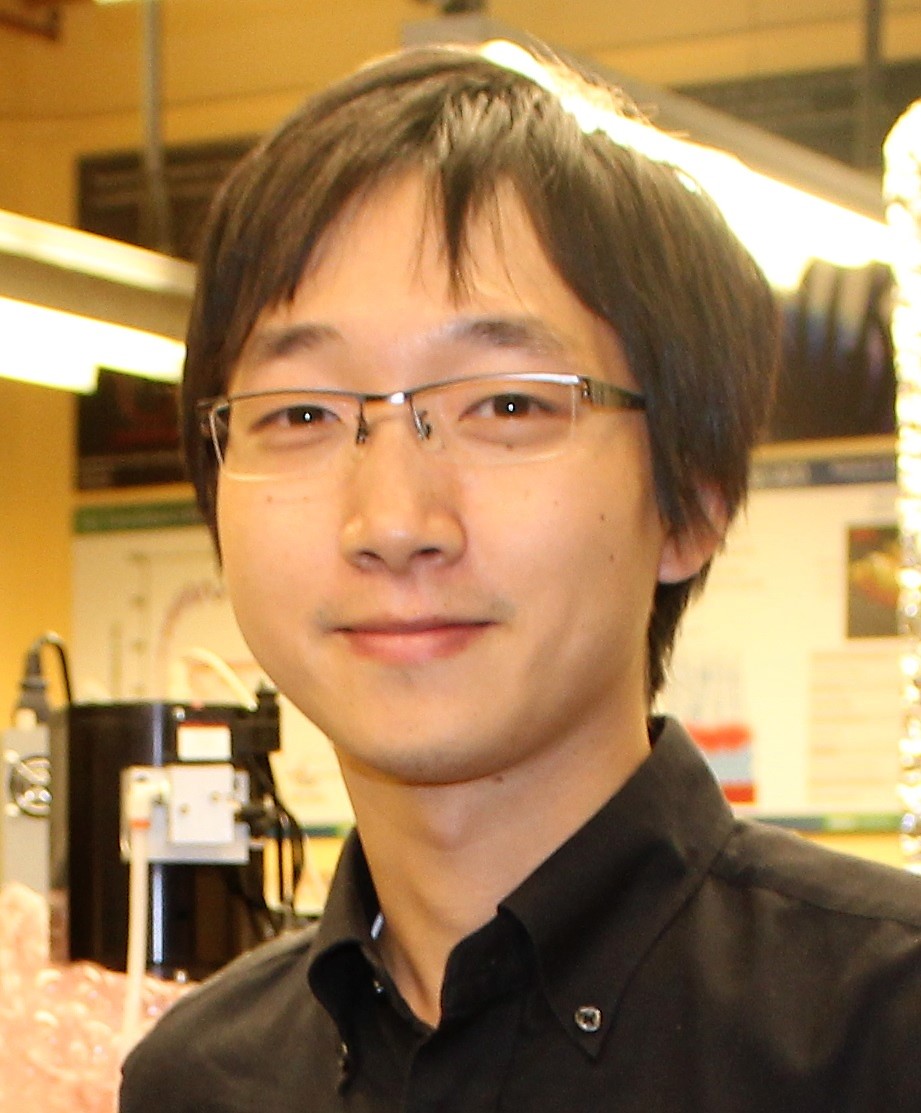 Koichi is a postdoctoral researcher at the Pritzker School for Molecular Engineering at the University of Chicago. Koichi received his PhD from the University of California Los Angeles (UCLA) in 2020 for his work on growing transition metal carbide thin films on 2D materials. Before UCLA, he worked at Mitsubishi Materials Corporation in Japan. Koichi's current research interests include thin film growth, heterolayered and multilayered materials, materials characterization, and instrumentation of high and ultra-high vacuum systems.
Koichi is a postdoctoral researcher at the Pritzker School for Molecular Engineering at the University of Chicago. Koichi received his PhD from the University of California Los Angeles (UCLA) in 2020 for his work on growing transition metal carbide thin films on 2D materials. Before UCLA, he worked at Mitsubishi Materials Corporation in Japan. Koichi's current research interests include thin film growth, heterolayered and multilayered materials, materials characterization, and instrumentation of high and ultra-high vacuum systems.
Dr. Srinivasa Balivada ✉
Post Doctoral Researcher
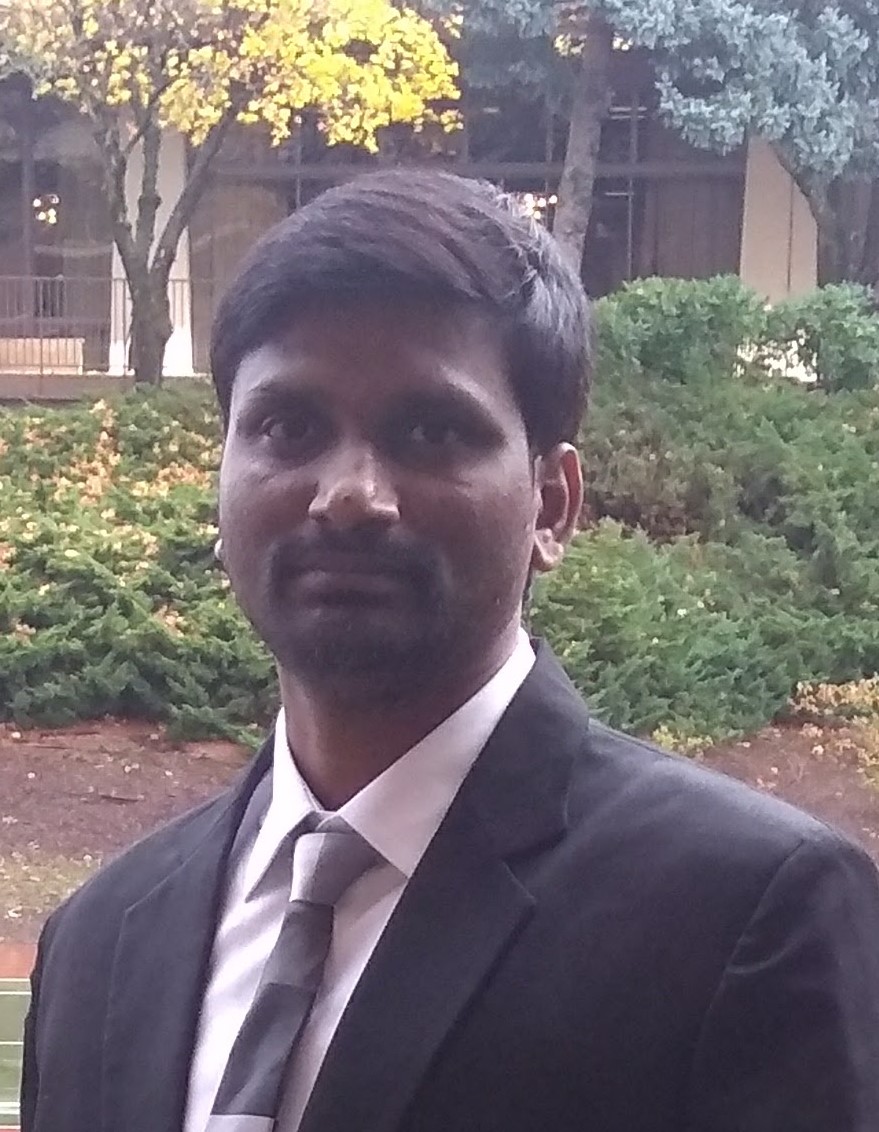 Srinivas contributes to the Thoreau's soil sensing project, and is currently assisting the development and testing of high-performance low-cost wireless underground sensor networking systems and estimation of soil characteristics using radio signal strength. Srinivasa earned his PhD at Andhra University in India before joining the Water-to-Cloud initiative as a research lead. He then joined UChicago as a postdoc and Argonne National Lab as a resident scientist, where he now studies soil sensing and quality monitoring.
Srinivas contributes to the Thoreau's soil sensing project, and is currently assisting the development and testing of high-performance low-cost wireless underground sensor networking systems and estimation of soil characteristics using radio signal strength. Srinivasa earned his PhD at Andhra University in India before joining the Water-to-Cloud initiative as a research lead. He then joined UChicago as a postdoc and Argonne National Lab as a resident scientist, where he now studies soil sensing and quality monitoring.
Sagar Kumar Seth ✉
Graduate Student
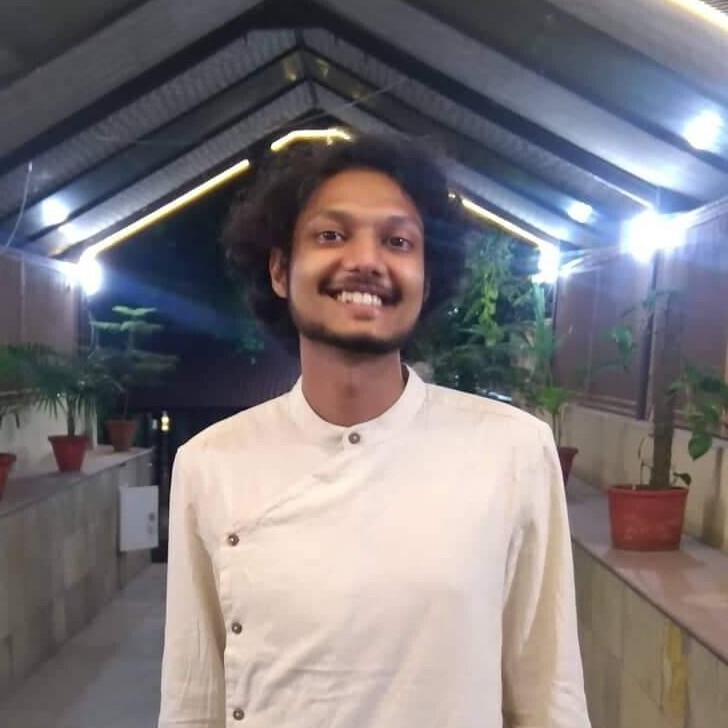 Sagar graduated from IIT Bombay with a Bachelor's in Engineering Physics and a Masters in Nanotechnology. In 2021, he started his studies as a PhD candidate at the Pritzker School for Molecular Engineering at the University of Chicago.
Sagar graduated from IIT Bombay with a Bachelor's in Engineering Physics and a Masters in Nanotechnology. In 2021, he started his studies as a PhD candidate at the Pritzker School for Molecular Engineering at the University of Chicago.
Ignas Masiulionis ✉
Graduate Student
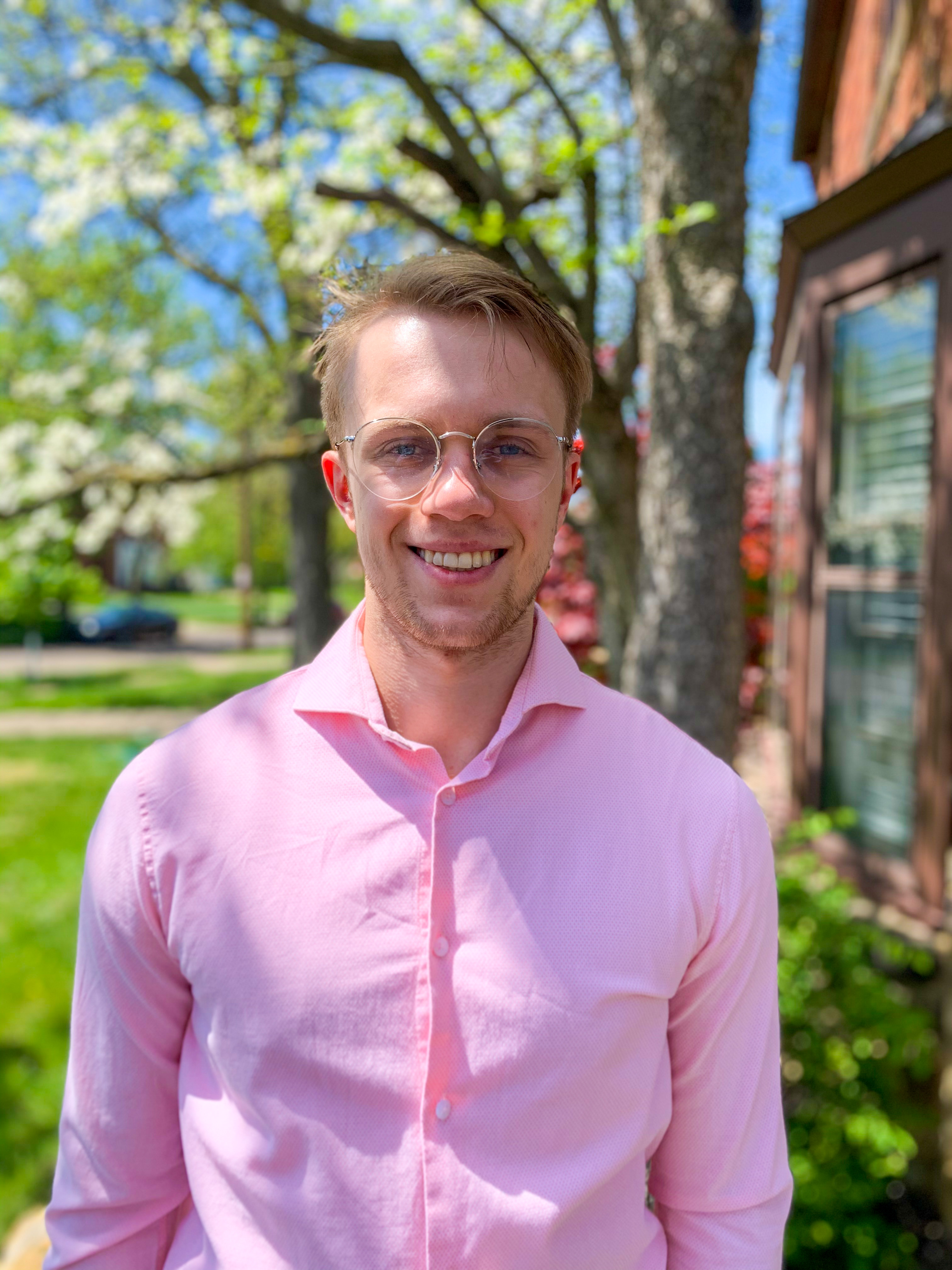 Ignas graduated from Case Western Reserve University in 2021 with bachelor's degrees in Physics and Astronomy. In 2021, he joined the Pritzker School for Molecular Engineering cohort as a PhD candidate in Quantum Engineering. He is jointly advised by Professor Supratik Guha and Professor David Awschalom.
Ignas graduated from Case Western Reserve University in 2021 with bachelor's degrees in Physics and Astronomy. In 2021, he joined the Pritzker School for Molecular Engineering cohort as a PhD candidate in Quantum Engineering. He is jointly advised by Professor Supratik Guha and Professor David Awschalom.
Claire McDermott ✉
Graduate Student
 Claire graduated from the University of Michigan in 2023 with a BSE in Engineering Physics and Computer Science and subsequently joined the Guha Group as a PhD candidate in the Pritzker School for Molecular Engineering at the University of Chicago.
Claire graduated from the University of Michigan in 2023 with a BSE in Engineering Physics and Computer Science and subsequently joined the Guha Group as a PhD candidate in the Pritzker School for Molecular Engineering at the University of Chicago.
Jialun Ge ✉
Graduate Student
 Jialun graduated from the University of Illinois Urbana-Champaign with a B.S. in Physics. In 2024 he joined the Guha group as a PhD student in the Pritzker School of Molecular Engineering at the University of Chicago. Outside the lab he is an enthusiastic homecook and a casual video gamer.
Jialun graduated from the University of Illinois Urbana-Champaign with a B.S. in Physics. In 2024 he joined the Guha group as a PhD student in the Pritzker School of Molecular Engineering at the University of Chicago. Outside the lab he is an enthusiastic homecook and a casual video gamer.
Eeshan Ketkar ✉
Graduate Student
 Eeshan joined UChicago in 2024 as a graduate student pursuing his PhD in Quantum Science and Engineering.
Eeshan joined UChicago in 2024 as a graduate student pursuing his PhD in Quantum Science and Engineering.
Yizhi Zhao ✉
Graduate Student
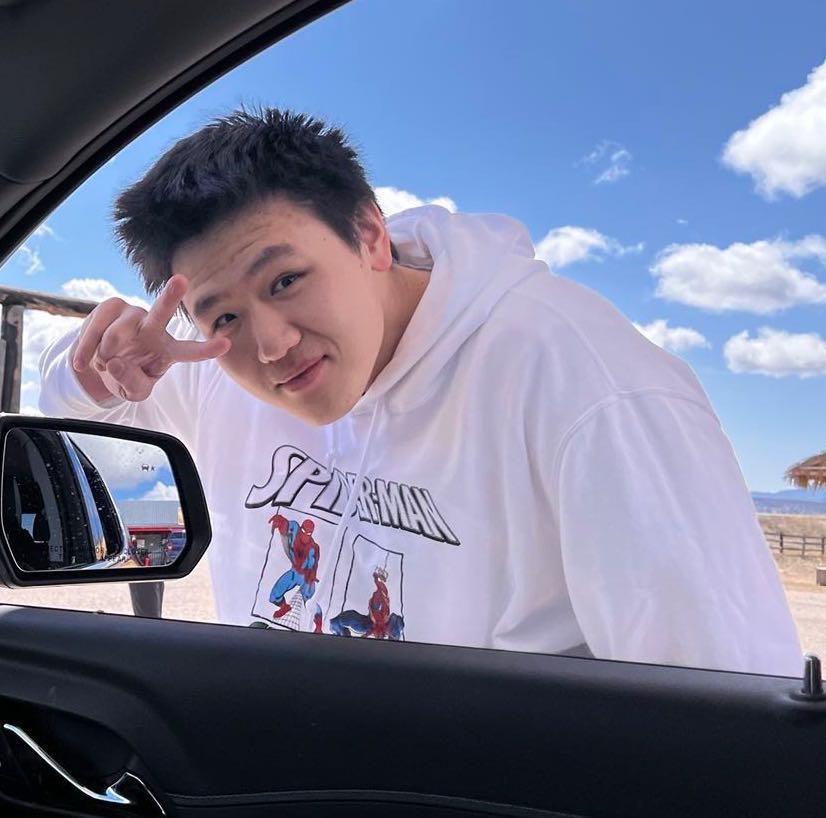 Yizhi graduated from the University of Chicago in 2025 and joined the Guha group as a graduate student working on chip scale quantum technologies.
Yizhi graduated from the University of Chicago in 2025 and joined the Guha group as a graduate student working on chip scale quantum technologies.
Colleen Kim✉
Undergraduate Student
 Colleen is an undergraduate at UChicago majoring in Molecular Engineering on Quantum Engineering Track. She is currently working with Sagar on developing low-impedance superconducting resonators for quantum repeater networks. Her interests lie in quantum communication, quantum materials, and nanofabrication.
Colleen is an undergraduate at UChicago majoring in Molecular Engineering on Quantum Engineering Track. She is currently working with Sagar on developing low-impedance superconducting resonators for quantum repeater networks. Her interests lie in quantum communication, quantum materials, and nanofabrication.
Vidya Suri ✉
Undergraduate Student
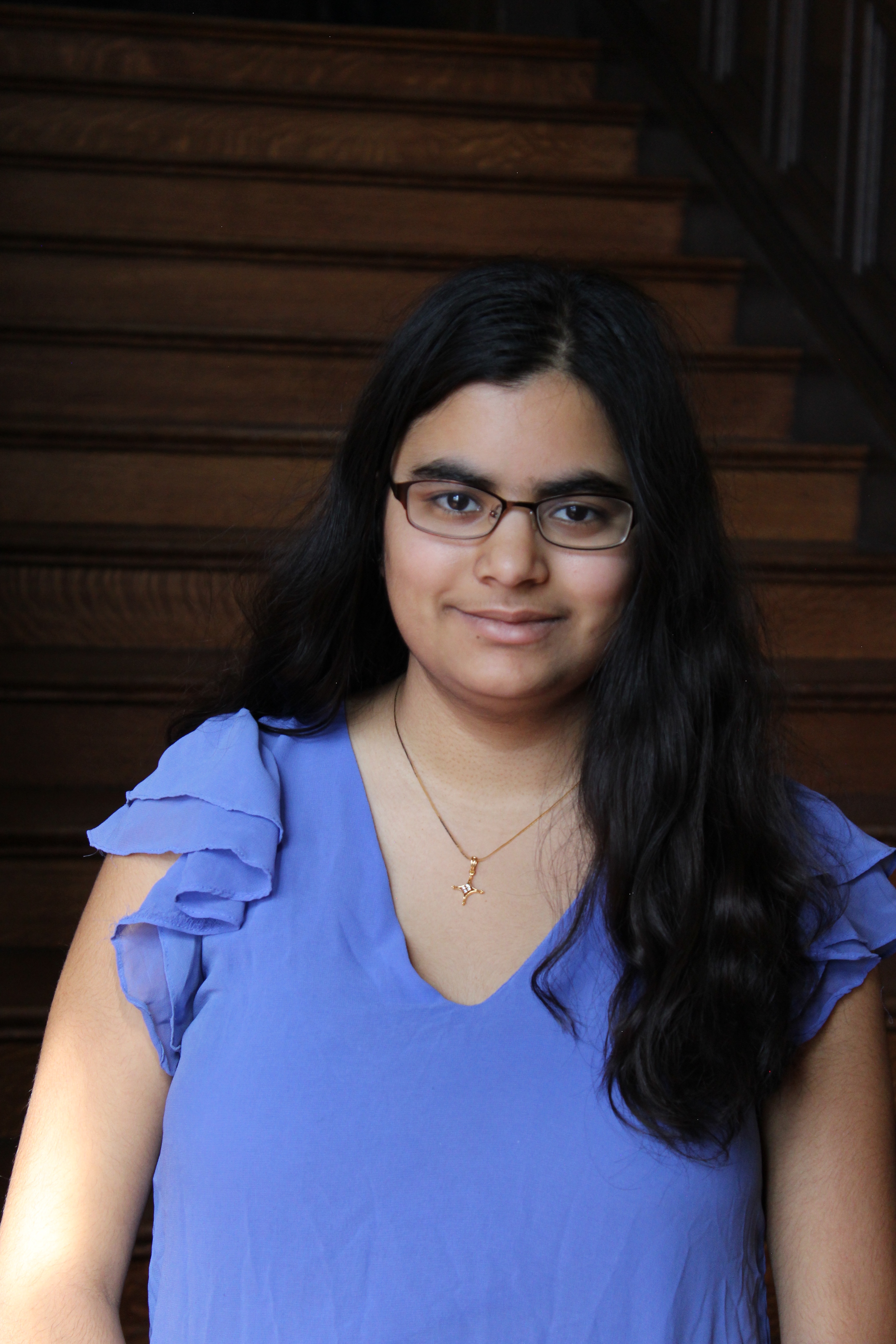 Vidya Suri is an undergraduate at UChicago majoring in Physics and Classical Studies. She is currently working on the direct-write project with Xella. Her interests are wide-ranging and include neutrino oscillations, quantum information, and nanofabrication.
Vidya Suri is an undergraduate at UChicago majoring in Physics and Classical Studies. She is currently working on the direct-write project with Xella. Her interests are wide-ranging and include neutrino oscillations, quantum information, and nanofabrication.
Pravan Chakravarthy ✉
Undergraduate Student
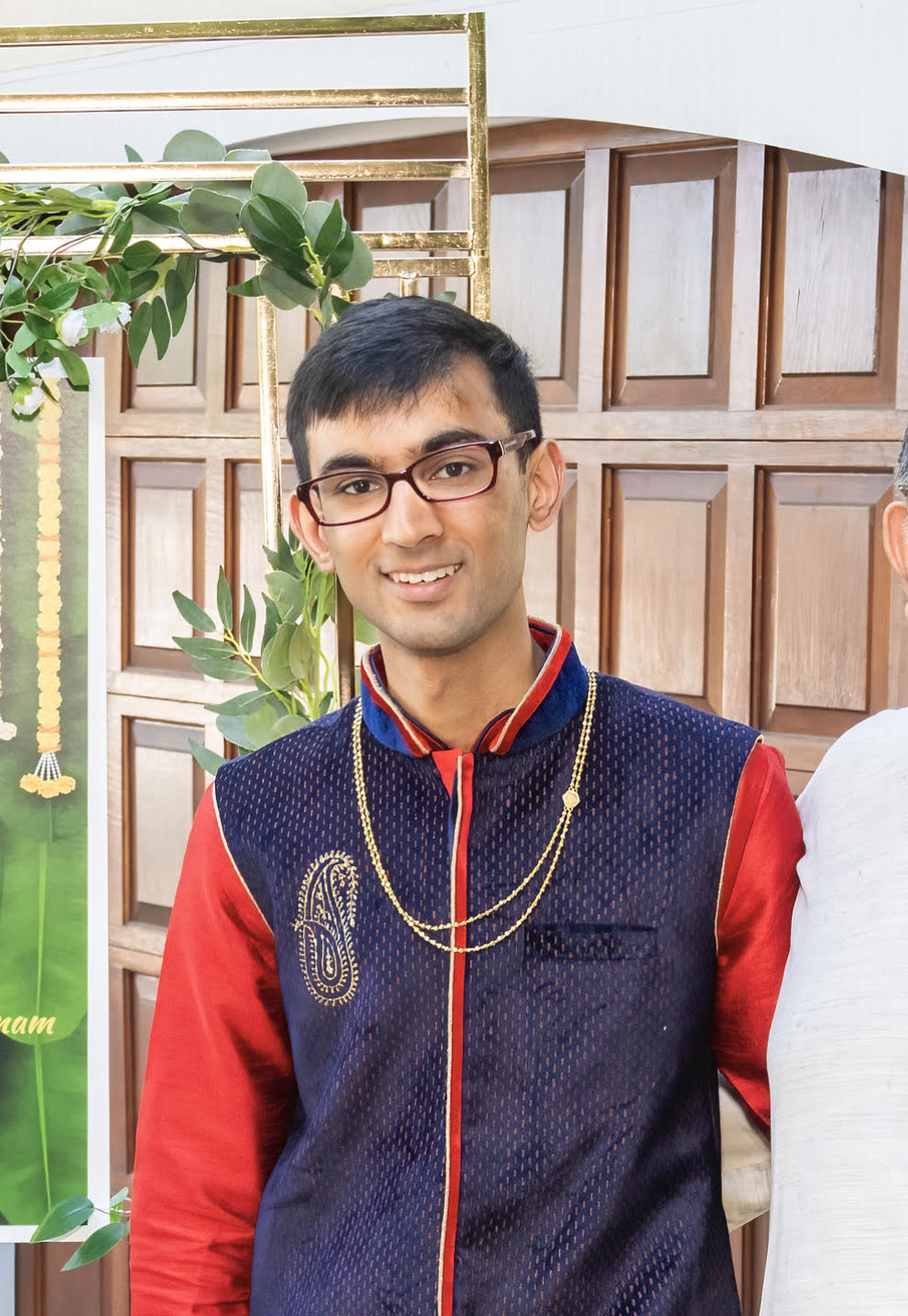 Pravan is a current undergraduate (class of 2025) at UChicago, majoring in physics and linguistics. He is currently working with Connor on applying a controlled spalling method to diamond films. His additional research interests lie in magnetic materials, as well as the applications of machine learning in materials science.
Pravan is a current undergraduate (class of 2025) at UChicago, majoring in physics and linguistics. He is currently working with Connor on applying a controlled spalling method to diamond films. His additional research interests lie in magnetic materials, as well as the applications of machine learning in materials science.
Dr. Jiefei Zhang ✉
Jiefei is a staff scientist at Argonne National Lab. She is a quantum optics experimentalist and is expert at optical spectroscopy and quantum optical tomography. Her interest and focus include studying entanglement (photon and spin-photon entanglement), quantum decoherence, and developing new spin qubits and integrated hybrid photonic structures for applications in quantum sensing, quantum communication and quantum networks.Dr. Swarnabha Chattaraj ✉
Swarnabha is a postdoctoral researcher in the Galli Group studying electronic structure calculations, light-matter interaction of rare earth emitters, and defects in solids for classical and quantum memory applications, quantum networks, and quantum computation.Dr. Oni Basu
Oni is a professor of genetic medicine and the head of the Basu Group at the University of Chicago, studying microfluidics and RNA sequencing.Dr. David Awschalom
David is a professor of molecular engineering and the head of the Awschalom Group at the University of Chicago studying solid-state quantum information, sensing, and communication.Dr. Giulia Galli
Giulia is a professor of molecular engineering and the head of the Galli Group at the University of Chicago, studying the development of theoretical and computational methods in materials scienceDr. Alan Dibos
Alan is a scientist at Argonne National Lab specializing in nanofabrication and cryogenic measurement of low-dimensional optical nanostructures.Dr. Subramanian Sankaranarayanan
Subramanian is a scientist at Argonne National Lab studying machine learning, multiscale modeling, and molecular dynamics.Dr. Suman Datta
Suman is a professor of nanotechnology at Notre Dame and head of the NDC lab, studying a variety of advances in computing.Dr. Roser Matamala
Roser is a scientist at Argonne National Lab studying terrestrial ecology, and is the head of the Matamala Group.Dr. Jianguo Wen
Jianguo is a scientist at Argonne National Lab studying the development and application of electron microscopy techniques for materials science problems.Dr. Anand Raghunathan
Anand is a professor of electrical and computer engineering at Purdue University, Associate Director of the SRC/DARPA Center for Brain-inspired Computing, and Co-Director of the Center for a Secure Microelectronics Ecosystem.Dr. Kaushik Roy
Kaushik is a professor of electrical and computer engineering at Purdue University studying AI algorithms and hardware, neuromorphic computing, low-power electronics, neuro-mimetic devices, and design-technology/ system-technology co-design.Dr. Wilfried Haensch
Argonne National LabXella Doi ✉
Graduate Student
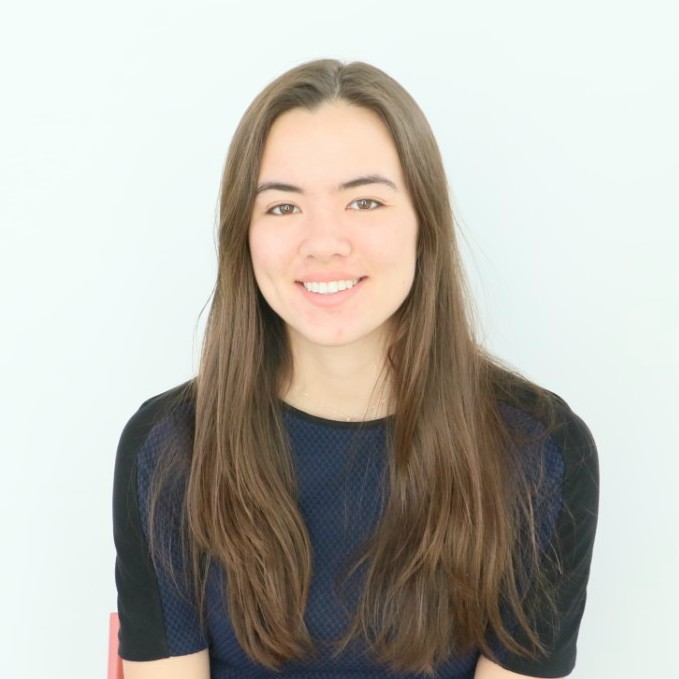 Xella has founded a startup, K1 Semiconductor, alongside Connor and Sagar.
Xella has founded a startup, K1 Semiconductor, alongside Connor and Sagar.
Connor Horn ✉
Graduate Student
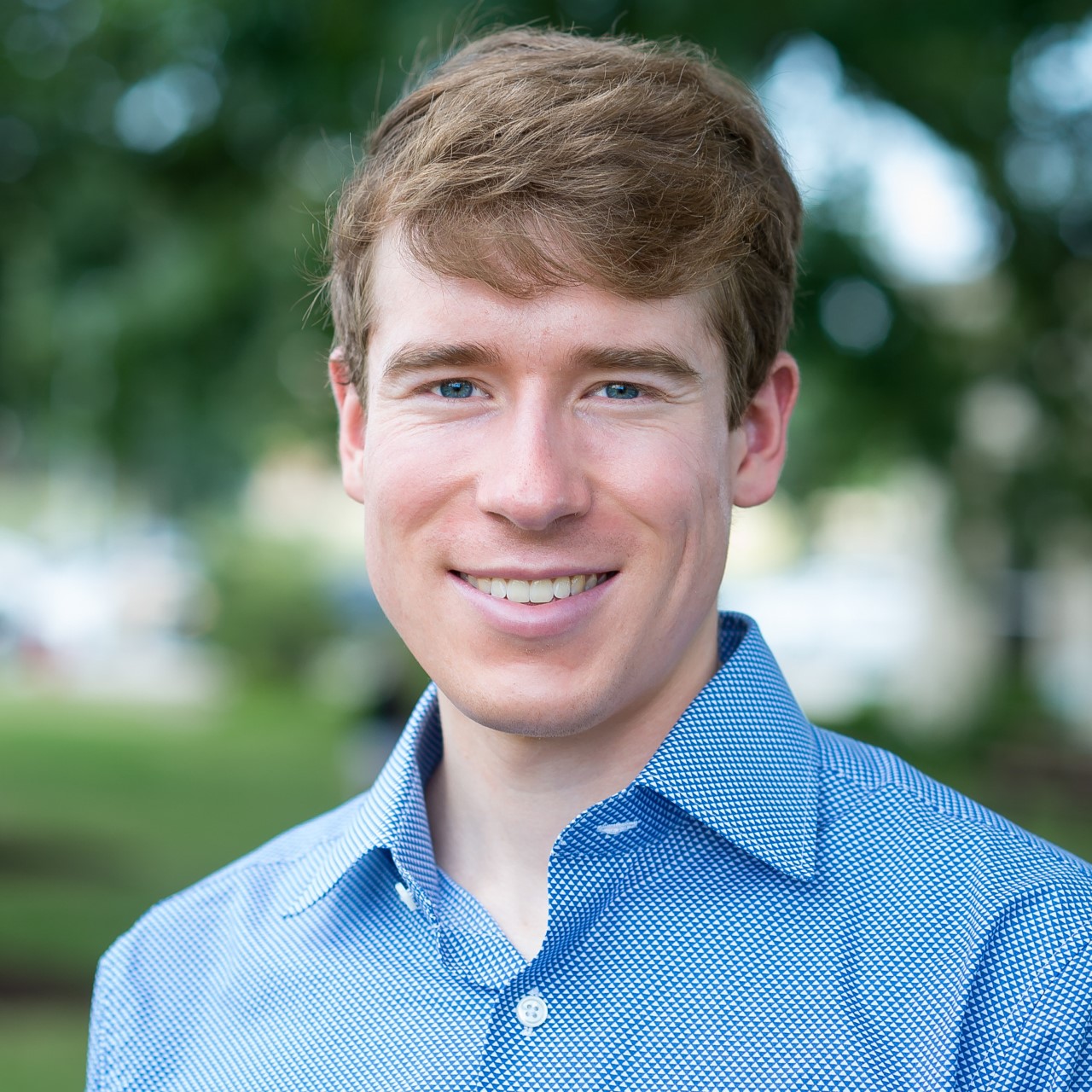 Connor has founded a startup, K1 Semiconductor, alongside Xella and Sagar.
Connor has founded a startup, K1 Semiconductor, alongside Xella and Sagar.
Dr. Alexandria Kuhl ✉
Post Doctoral Researcher
 Alex now works as a postdoc at Michigan State continuing her research in hydrogeophysical sciences.
Alex now works as a postdoc at Michigan State continuing her research in hydrogeophysical sciences.
Dr. Manish Kumar Singh ✉
Graduate Student
 Manish has founded memQ with Sean Sullivan, a startup focused on quantum internet technologies.
Manish has founded memQ with Sean Sullivan, a startup focused on quantum internet technologies.
Dr. Bhaswar Chakrabarti
Post Doctoral Researcher
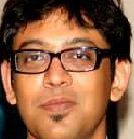 Bhaswar is now an associate professor at the Indian Institute of Technology (IIT) Madras.
Bhaswar is now an associate professor at the Indian Institute of Technology (IIT) Madras.
Dr. Xufeng Zhang
Post Doctoral Researcher
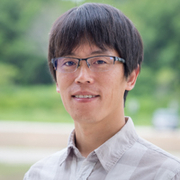 Xufeng is now an assistant professor at Northeastern University.
Xufeng is now an assistant professor at Northeastern University.
Dr. Khan Alam
Post Doctoral Researcher
 Khan now works as an assistant professor in the department of physics at the King Fahd University of Petroleum and Minerals in Saudi Arabia.
Khan now works as an assistant professor in the department of physics at the King Fahd University of Petroleum and Minerals in Saudi Arabia.
Dr. Jerome Lin
Post Doctoral Researcher
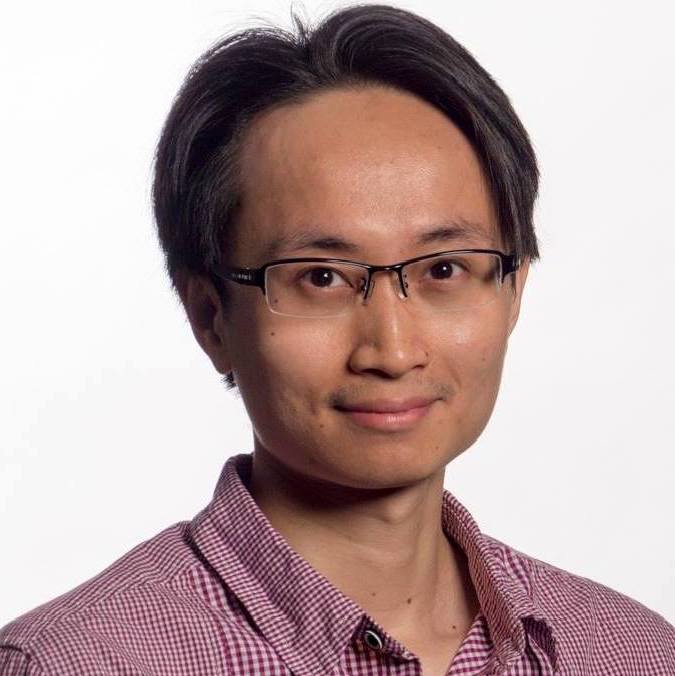 Jerome is now manager of the device group at TSMC.
Jerome is now manager of the device group at TSMC.
Dr. Sushant Sonde
Post Doctoral Researcher
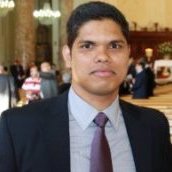
Priyank Hirani
Program Director
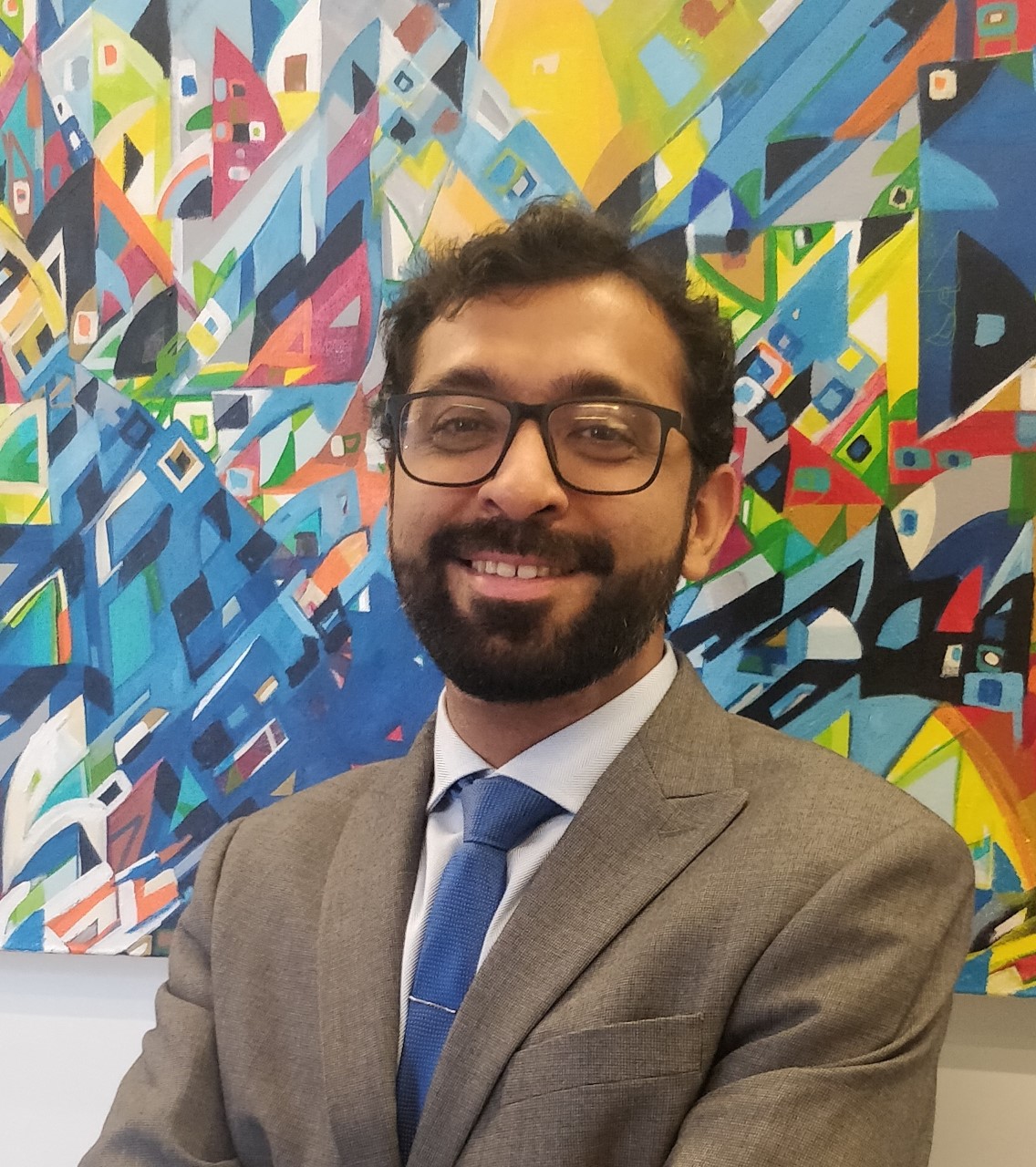 Priyank is now the Data & Tech Lead at the Asia Regional Office of the Rockefeller Foundation.
Priyank is now the Data & Tech Lead at the Asia Regional Office of the Rockefeller Foundation.
Dr. Anand Kumar
Water Research Lead
 Anand is currently searching for new postdoctoral or university positions.
Anand is currently searching for new postdoctoral or university positions.
Saba Mundlay
Data Analyst
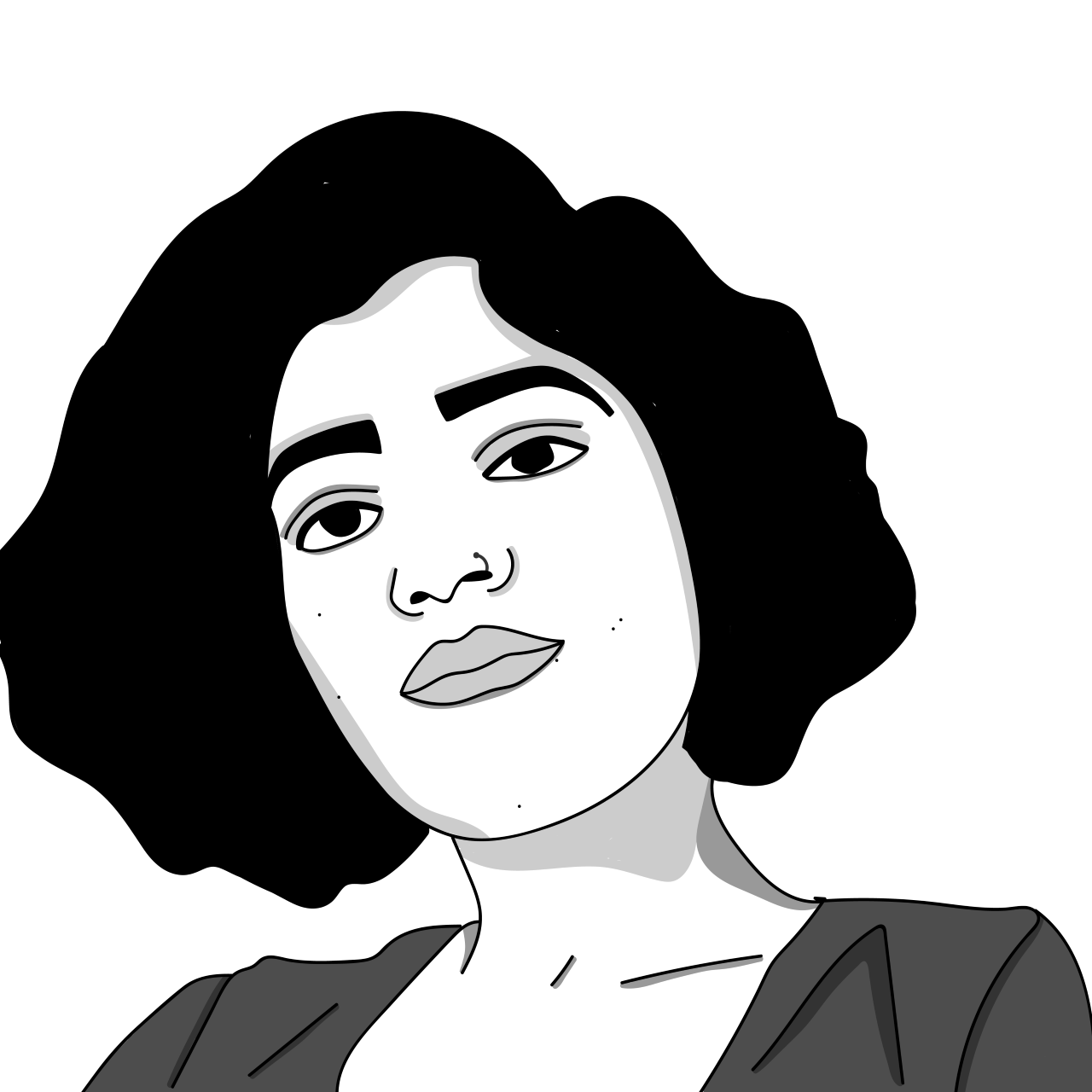 Saba is currently working on her MA in Information Experience Design at the Royal College of Art, London.
Saba is currently working on her MA in Information Experience Design at the Royal College of Art, London.
Chloe Isabella Tsang: Chloe is pursuing a PhD at the University of Southern California.
Rishi Chebrolu: Rishi is pursuing a PhD at Duke University.
Brian Fu
Antoni Wellisz: Antoni is pursuing a PhD at the University of Hcicago
Adrian Portales: Adrian now works as a research intern at HRL Laboratories/Harvard.
Linus Woodward: Linus has continued on to pursue a PhD at Stanford.
Emilio Rosas
Marianna Rogers
Ziqi Ma: Ziqi has continued on to pursue a PhD at Caltech.
Daniel Montano
Arseniy Andreyev: Arseniy is now pursuing a PhD at Princeton University.
William Kent: Will has continued on to pursue a PhD in materials science at Carnegie Mellon University.
Jacob Gold
Dmitry Shribak
Ujaan Purakayastha: Ujaan is now pursuing a PhD at UIUC.
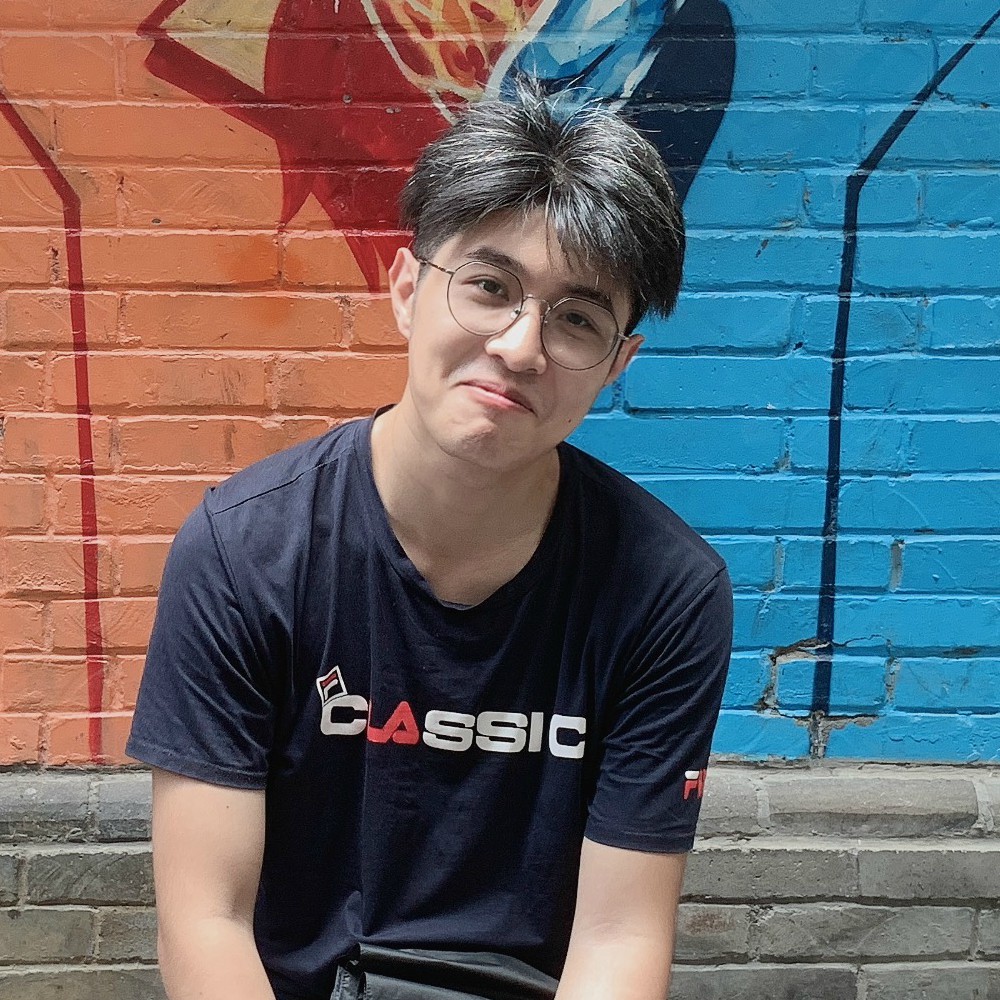 Cheng now works at Intel.
Cheng now works at Intel.
 Dan is now a staff scientist at Argonne.
Dan is now a staff scientist at Argonne.
 Brian now works at Intel.
Brian now works at Intel.
 Katie now works at IQE in North Carolina.
Katie now works at IQE in North Carolina.
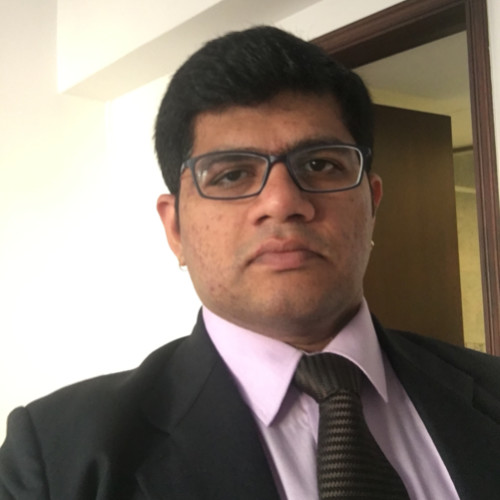 Vamsi now works at Micron Technology in Boise, Idaho.
Vamsi now works at Micron Technology in Boise, Idaho.
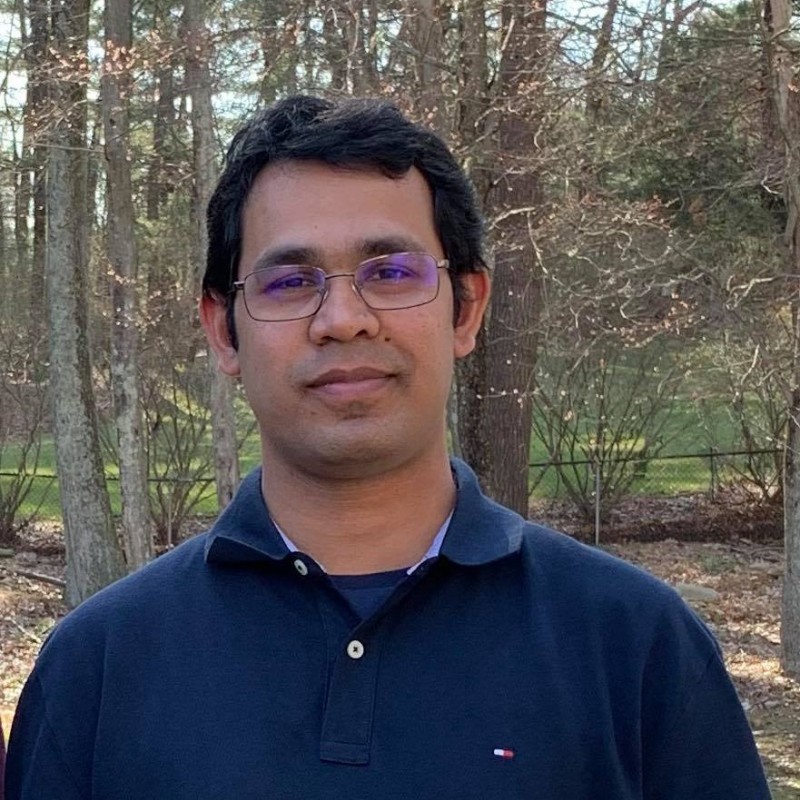 Niazul now works at Intel.
Niazul now works at Intel.
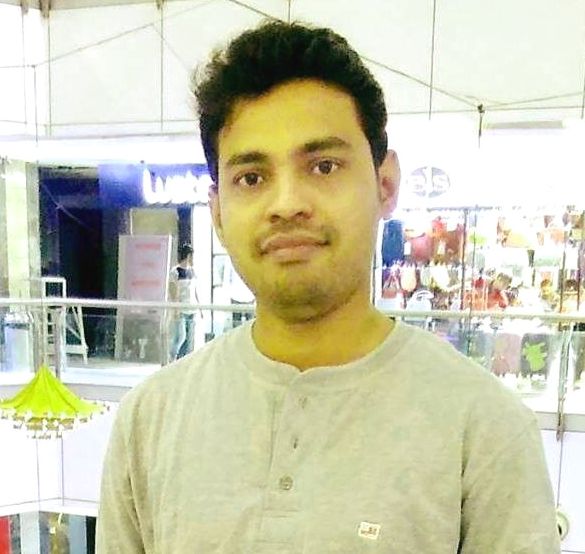 Suryakant now works at Los Alamos National Lab.
Suryakant now works at Los Alamos National Lab.
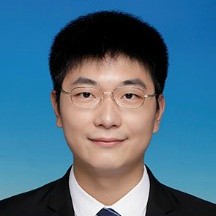 Jiyuan now works at Tsinghua University in China.
Jiyuan now works at Tsinghua University in China.
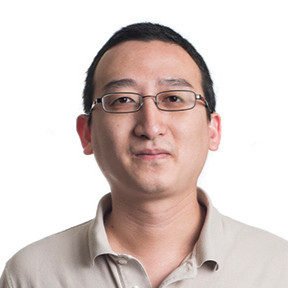 Kyaw Zin now works at Argonne National Laboratory
Kyaw Zin now works at Argonne National Laboratory
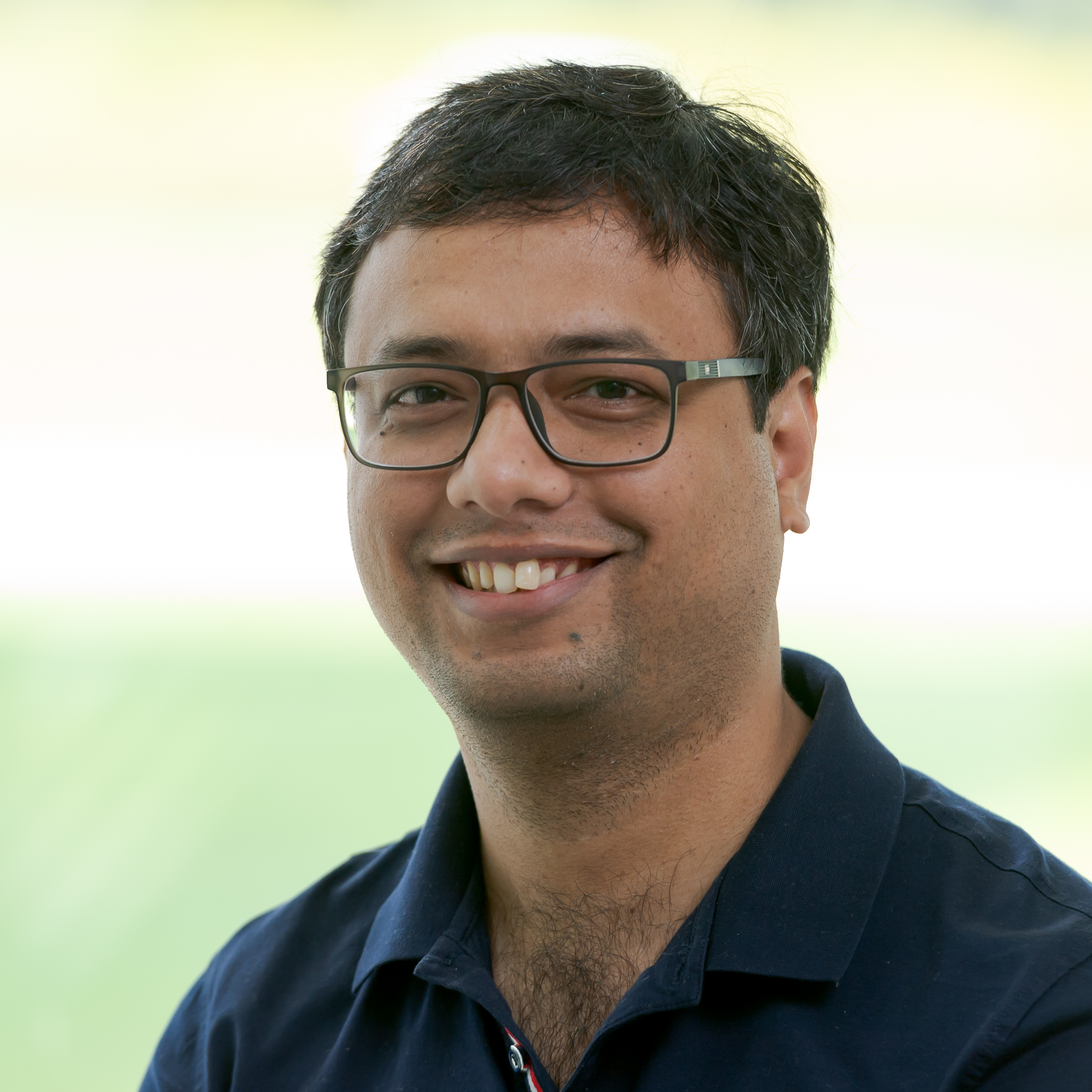 Sanjoy now works at Intel.
Sanjoy now works at Intel.
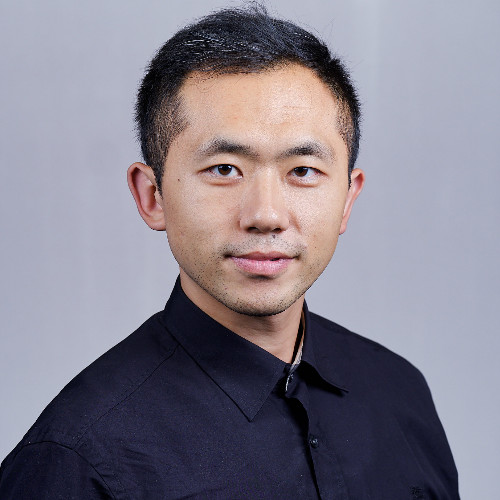 Zhongbo now works at Applied Materials.
Zhongbo now works at Applied Materials.
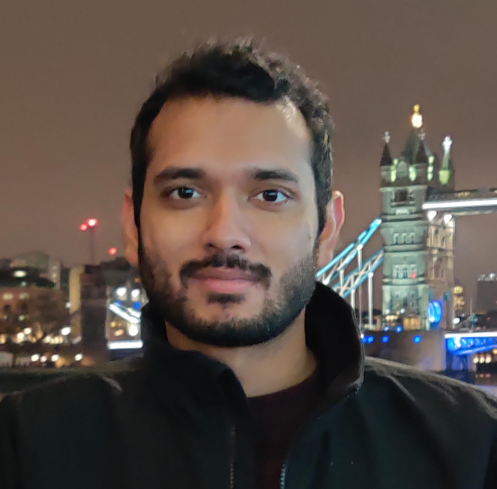 Abhinav now works at Lam Research.
Abhinav now works at Lam Research.
 Sonia now works at the engineering co-op Phoenix Tailings in Boston.
Sonia now works at the engineering co-op Phoenix Tailings in Boston.
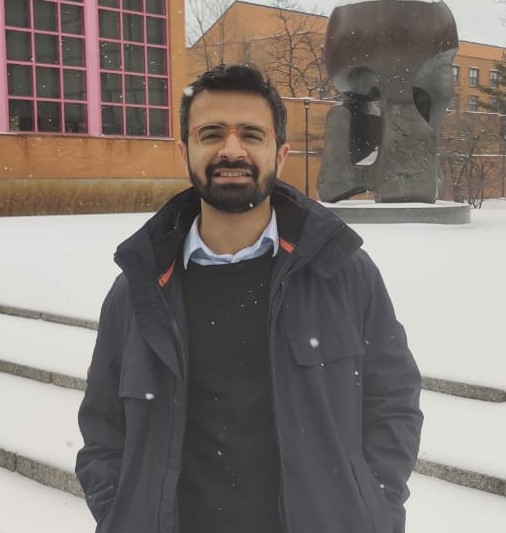 Himank continued on to pursue an MBA at Berkeley-Haas.
Himank continued on to pursue an MBA at Berkeley-Haas.
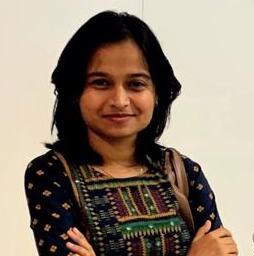
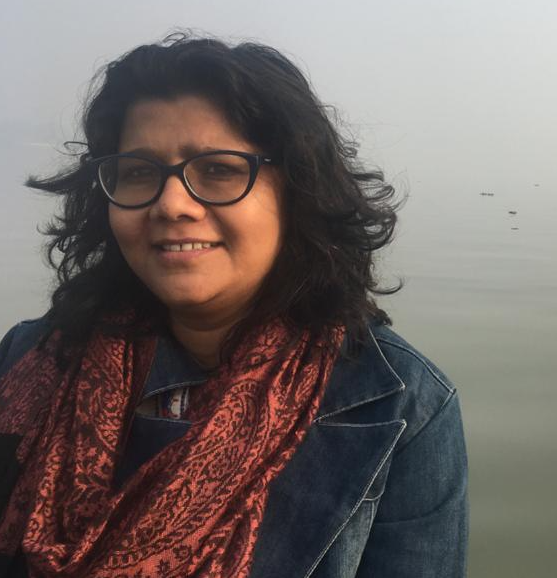
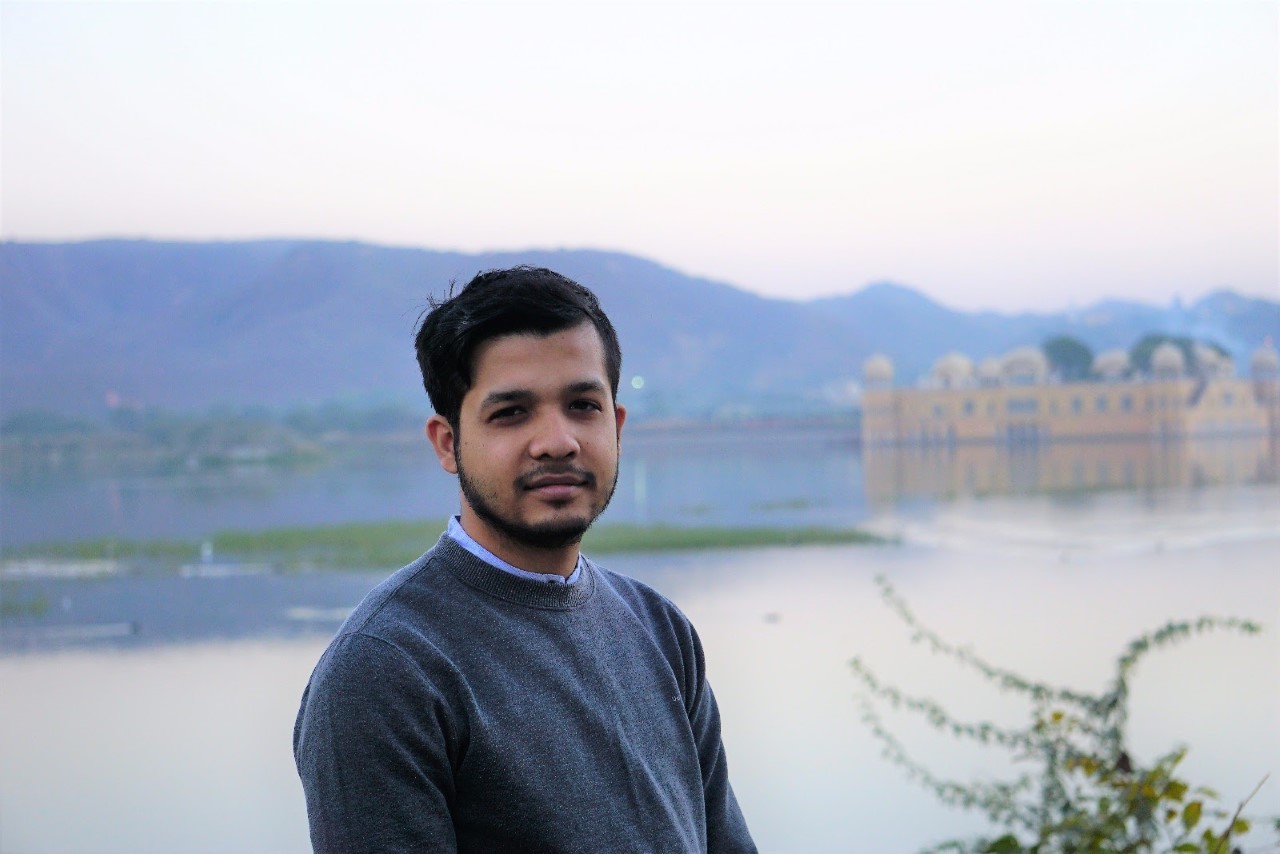 Prashant is currently pursuing Ph.D. and industry opportunities.
Prashant is currently pursuing Ph.D. and industry opportunities.